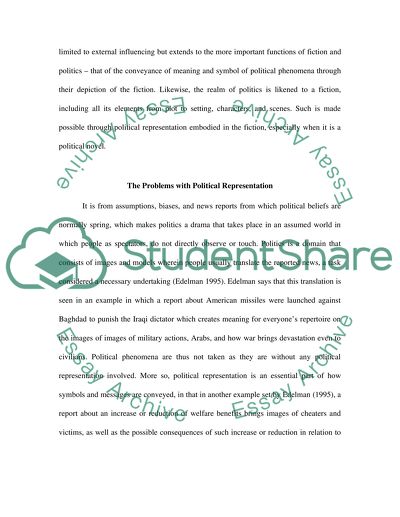Cite this document
(“Political Fiction Essay Example | Topics and Well Written Essays - 2500 words”, n.d.)
Retrieved from https://studentshare.org/politics/1531733-political-fiction
Retrieved from https://studentshare.org/politics/1531733-political-fiction
(Political Fiction Essay Example | Topics and Well Written Essays - 2500 Words)
https://studentshare.org/politics/1531733-political-fiction.
https://studentshare.org/politics/1531733-political-fiction.
“Political Fiction Essay Example | Topics and Well Written Essays - 2500 Words”, n.d. https://studentshare.org/politics/1531733-political-fiction.


